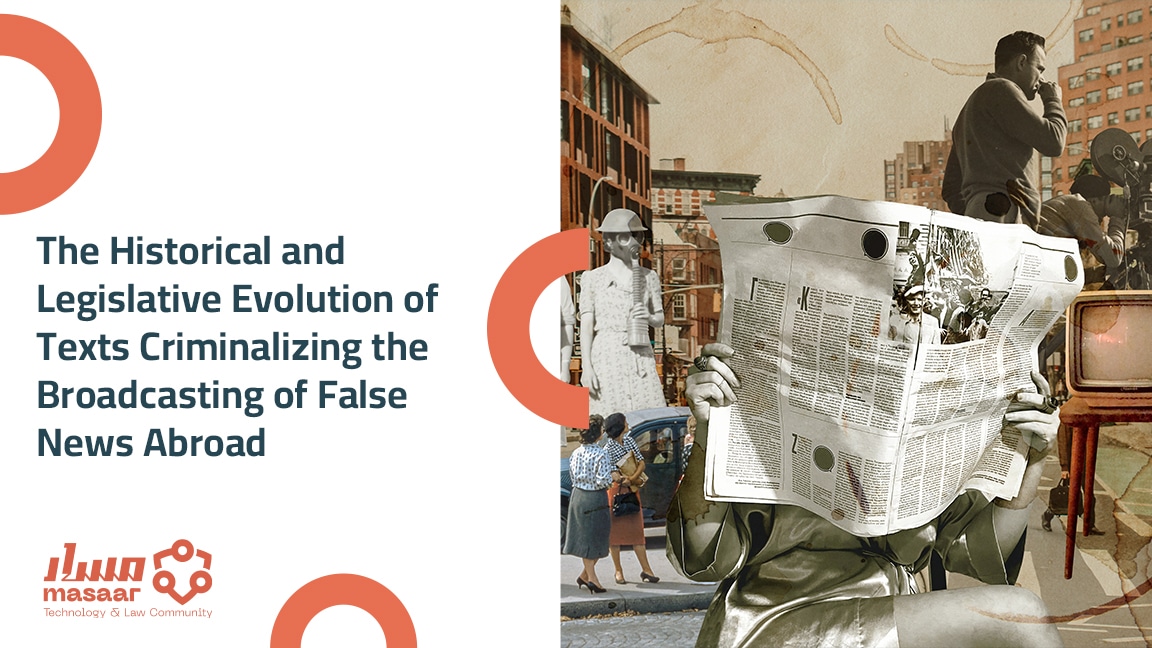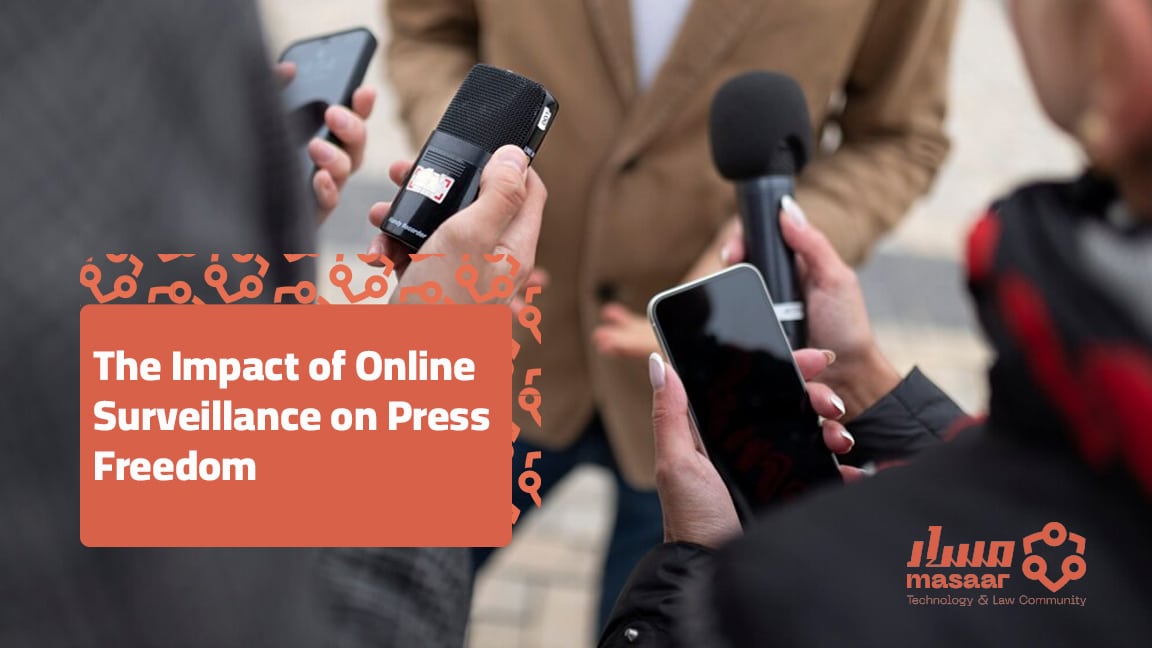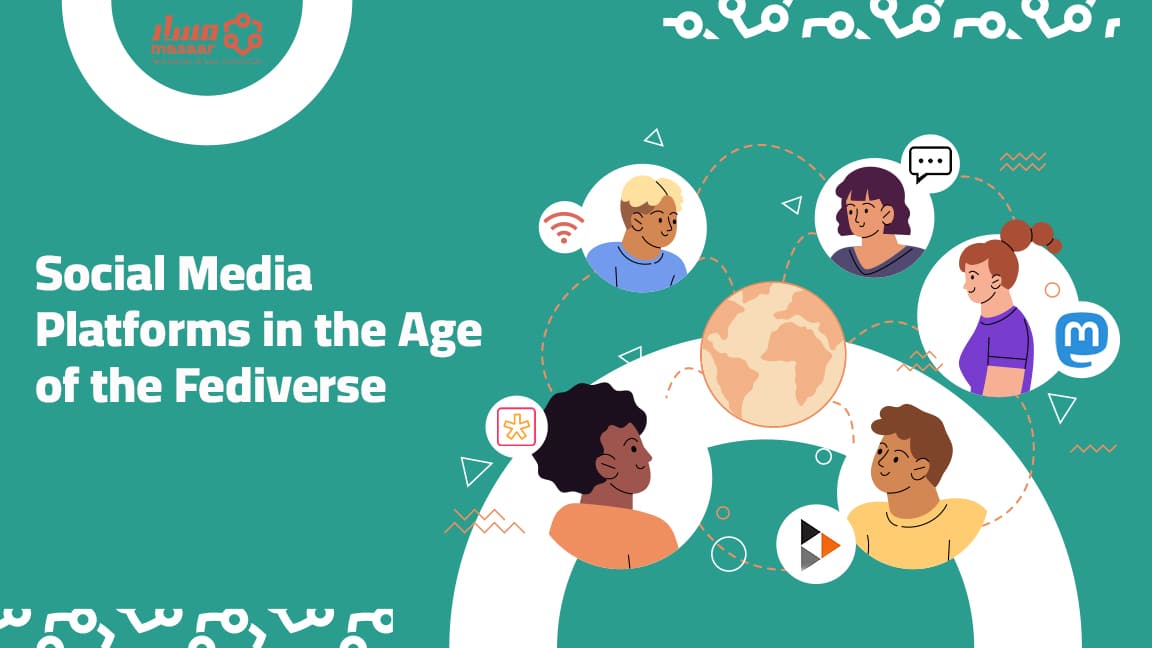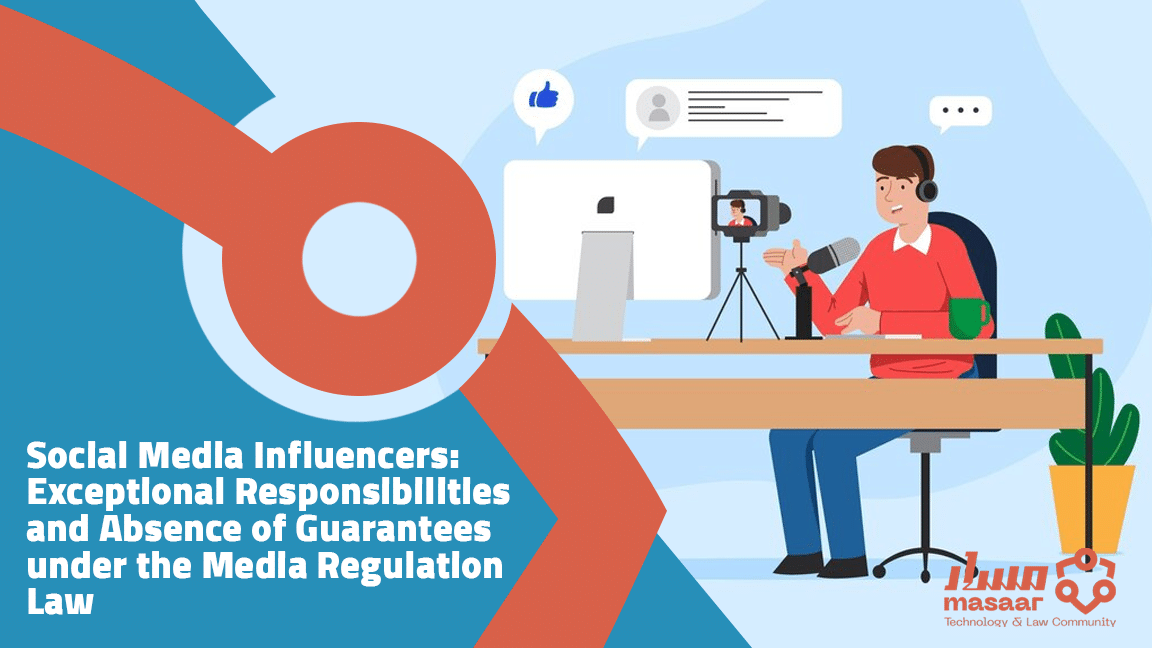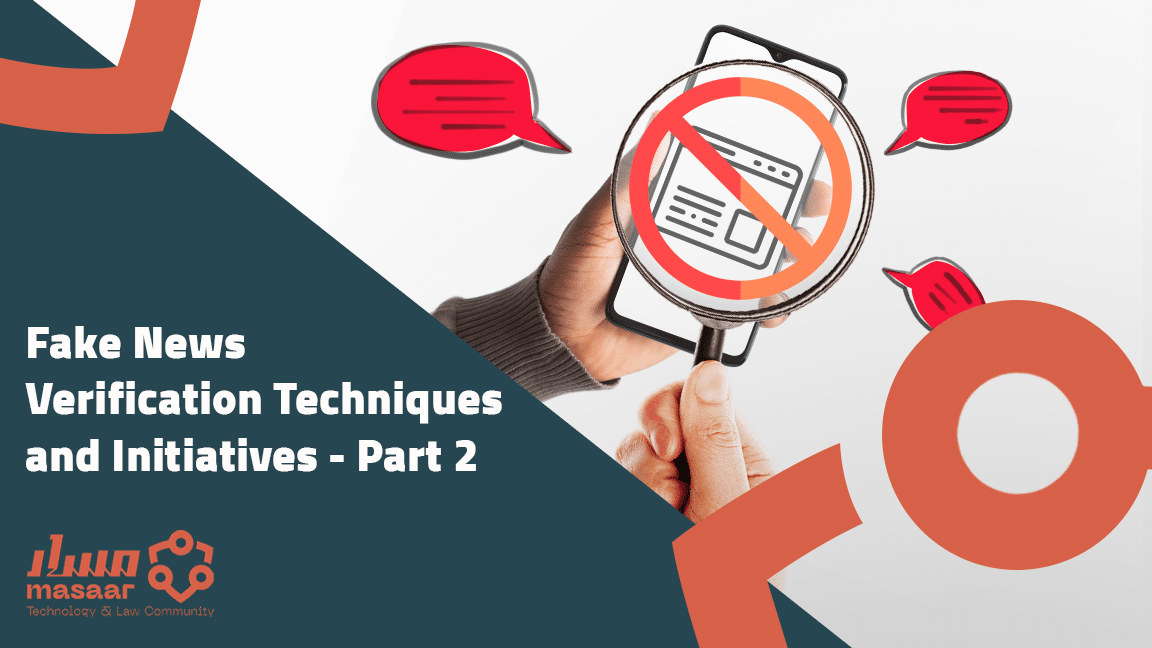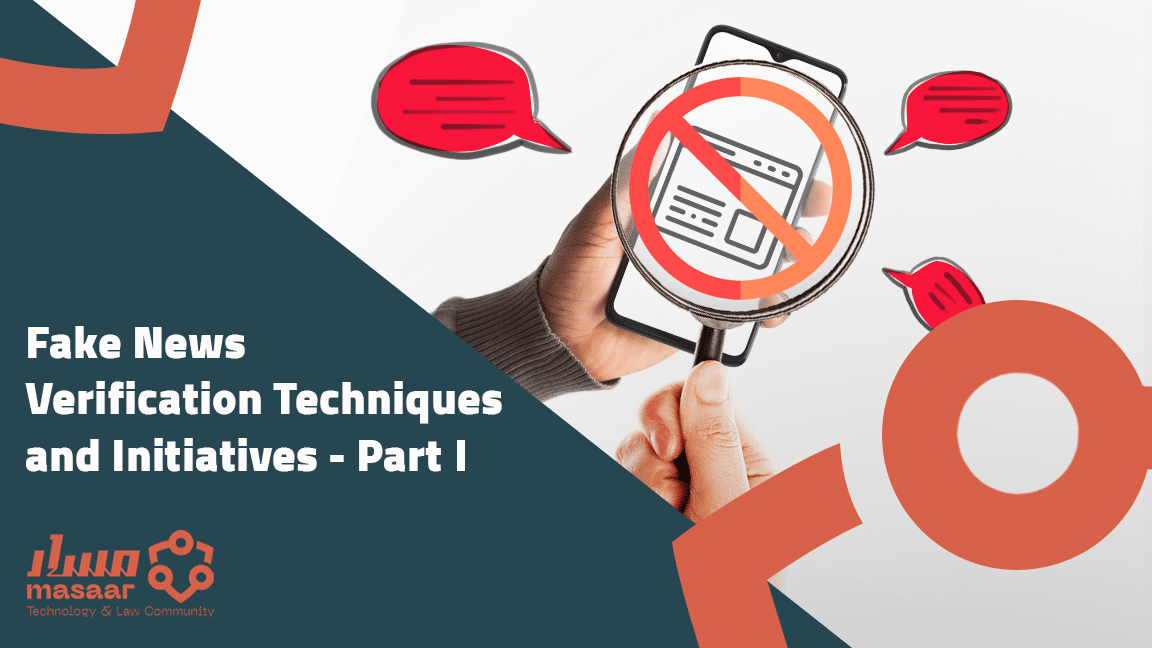Digital Media
Digital Marketing and User Rights: How Do Algorithms Influence Our Decisions?
This paper discusses the impact of digital advertising and online marketing algorithms on the digital rights of internet users, with a focus on freedom of choice, consumer rights, and the right to privacy.
The Historical and Legislative Evolution of Texts Criminalizing the Broadcasting of False News Abroad
This paper monitors the historical development of the crime of ‘broadcasting false news abroad’ in an attempt to understand its unnecessary broad interpretation and lack of a precise definition.
The Impact of Online Surveillance on Press Freedom
This paper seeks to shed light on the impact of online surveillance on press freedom. The paper discusses the challenges that online surveillance poses to investigative journalism and freedom of information. The paper also addresses the impact of online surveillance on journalists and the challenges they face in the digital age.
Social Media Platforms in the Age of the Fediverse
This paper seeks to provide a definition of the Fediverse, its core idea, and its technological foundation. The paper also discusses the philosophy on which the Fediverse is based and its objectives. Additionally, the paper provides a brief historical background of Fediverse and its most important applications.
Social Media Influencers: Exceptional Responsibilities and Absence of Guarantees under the Media Regulation Law
This paper aims to identify the risks posed directly by the Press and Media Regulation Law on influencers. The paper also discusses the impacts related to the policies and regulations produced by the Supreme Council for Media Regulation (SCMR) on the work of influencers’ pages. Finally, the paper addresses the absence of any guarantees for influencers in the face of the multiple responsibilities imposed by the laws and regulations of the Press and Media Regulation Law.
Freedom of Information and its Impact on the Freedom of the Media and Press
This paper aims to delve into the essential interplay between freedom of information and the freedom of the media and press. It examines how these freedoms collectively contribute to safeguarding rights and freedoms, promoting transparency, accountability, and democratic values.
The Human Rights-Based Approach for Digital Media
The paper addressed the pressing issue of ensuring the rule of law is established on the Internet and elsewhere in the digital world. The paper also outlined the digital environment and the threats it faces. Moreover, the paper examined the need to use human rights-based approaches to digital media as well as international standards of the rule of law, while pointing out some issues in applying the law in this new environment.
Fake News Verification Techniques and Initiatives – Part 2
With the proliferation of fake news, it is imperative that we find a way of verifying news and information. However, before we even fact-check and verify such information, what is more critical is that we understand the various techniques used in spreading fake news and how to curb them. Failing to understand these techniques may imply that we become unable to identify suitable mechanisms for verification and fact-checking. This paper covers various fake news techniques and suitable tools for fact-checking and verifying the news.
Fake News Verification Techniques and Initiatives – Part 1
This paper discusses false and misleading news, the difficulties of news verification, the tools that can be used for verifying and scrutinizing news, and the initiatives active in this area.


